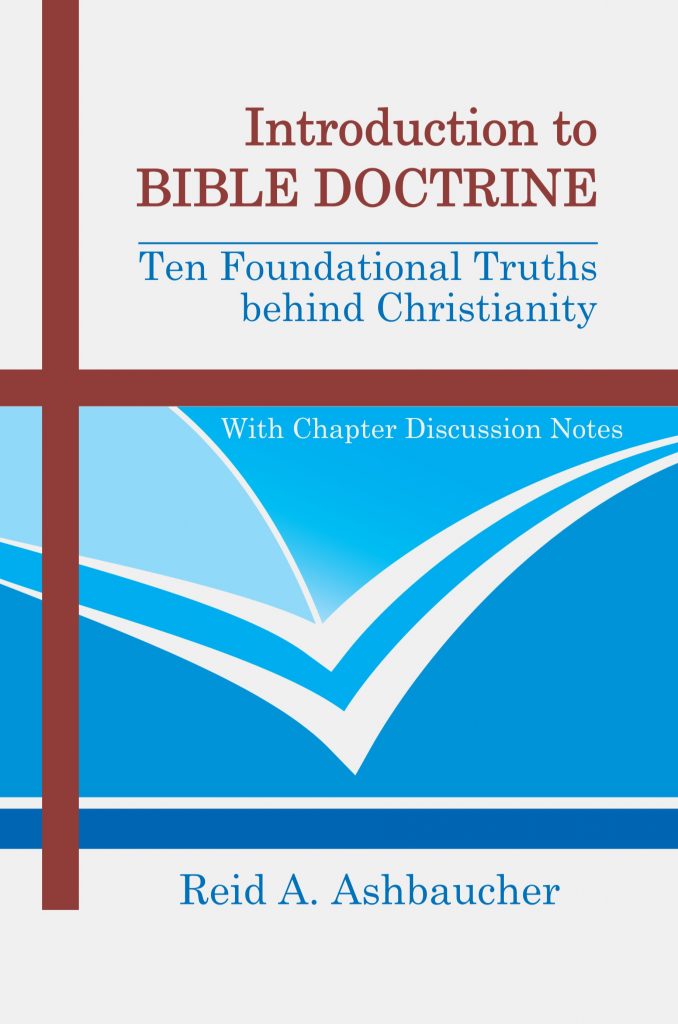
Introduction to Bible Doctrine was written as a resource to meet the prerequisite requirements of the author’s Textbook on Dispensational Theology: A Textbook on Eschatology in the Twenty-First Century. Supporting Christian foundational truths, the author presents ten traditional doctrines, explaining their context and meaning to the body of Christ—worldwide.
This work is equivalent to a 100 or 200 level college course in Introduction to Biblical Doctrine or Theology, making it useful for local New Testament Churches to use in their adult educational endeavors. Individual Christians will also find this book helpful in summarizing scriptural truths to support Christian faith and practice.
The book is organized around the doctrine of God, Christ, The Holy Spirit, The Scriptures, Humanity, Angels, Salvation, The Church, Heaven and Hell (Good and Evil), and Eschatology.
The likeness of God refers to God’s metaphysical makeup; where the image of God refers to the moral character or nature of God.
READ MOREThese distinctions can be described this way. God’s moral character or nature comprises God’s Holiness, righteousness, goodness, wisdom, and love, to mention a few. The likeness of God is speaking about the attributes of God’s personhood, as represented in God’s emotion, intellect, and will functionality. Genesis 1:26 could be interpreted this way, “Let Us, the triune God, make humanity in Our image, that reflects our nature’s attributes of Holiness, righteousness, goodness, wisdom, and love, according to our likeness that is reflected in Our personhood’s intellect, emotion, and will.” When understood in this light, we come to know that after humanity’s fall, mankind lost the image of God but we never lost the likeness of God (Genesis 3:22) Fallen humanity can still demonstrate intellect, emotion, and will, but lacks in the ability to be Holy, as God is Holy.
After the fall of humanity into sin, God’s image, represented by all the characteristics tied to God’s Holiness, was lost, but humanity continued to be like, or in the likeness of God through our ability to still function like God in emotion, intellect, and will, with one additional ability, to know good and evil.
Because of long-standing disagreements between theologians on this point, it will require additional research to explore such interpretations.
COLLAPSE

